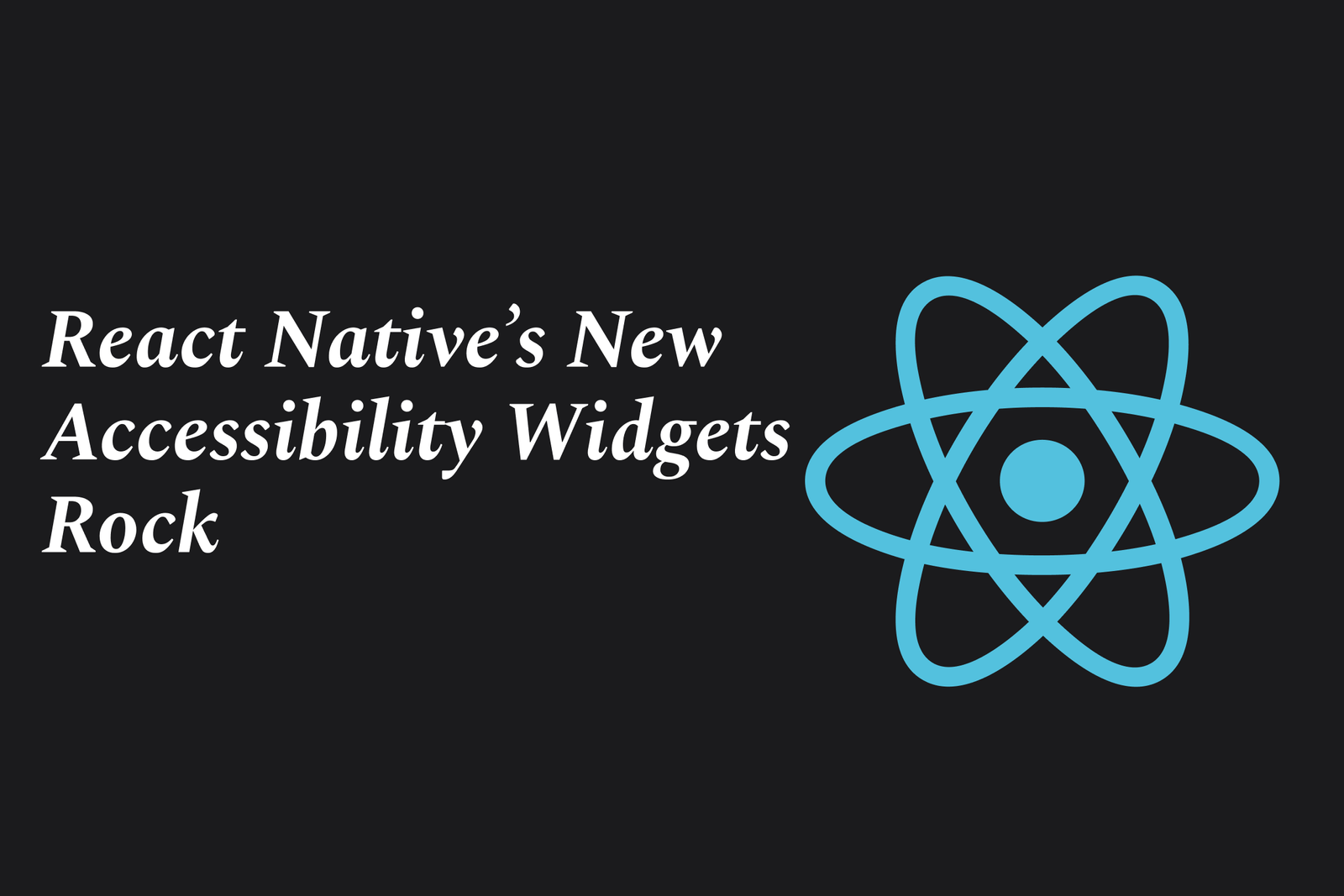React Native?S Push Notification Personalization Tricks
React Native’s push notification personalization tricks involve using tools like Firebase Cloud Messaging to send tailored, timely alerts that boost user engagement. By leveraging user data and segmentation, developers create relevant, dynamic notifications that enhance app experience seamlessly.
React Native’s Push Notification Personalization Tricks
1 ) Overview of Push Notifications and Firebase Integration
Developing mobile apps from scratch is challenging, but tools like Firebase make it easier to implement push notifications in React Native apps. Push notifications engage users by delivering messages directly to devices even when apps are closed. Firebase Cloud Messaging (FCM) is highlighted as a free, reliable, and cross platform solution to implement push notifications efficiently.
2 ) What is Firebase and Why Use It?
Firebase is a Google backed app development platform offering multiple features such as analytics, authentication, real time databases, and cloud messaging. It supports both iOS and Android natively, enabling seamless notification delivery without managing multiple third party services. Firebase facilitates faster development, real time data handling, scalable backend infrastructure, and improved app performance.
3 ) Advantages of Firebase Cloud Messaging (FCM) with React Native
FCM provides a straightforward JavaScript API for sending notifications and supports various platforms including iOS, Android, web, Unity, and C++. It allows developers to:
Trigger messages manually or automatically (using cloud functions or CRON jobs).
Send targeted notifications to user segments for personalized experiences.
Implement different types of messages including remote push, local notifications, and Toast messages.
4 ) Essential Setup for Push Notifications using FCM
Implementing push notifications requires two core components:
An application server or Firebase cloud functions to send messages.
Platform specific client applications with components to receive and display notifications.
This setup greatly simplifies managing local, remote, test, and native push notifications in React Native apps.
5 ) Performance and Optimization Tips
Utilizing Firebase’s real time capabilities and tools helps developers send timely, relevant push notifications that enhance user engagement without overloading device resources or backend services.
6 ) Best Practices and Use Cases
Push notifications powered by Firebase have enabled many success stories by increasing user retention and engagement. The platform’s scalability and integration ease make it a prime choice for apps seeking reliable personalized notifications.
Summary:
React Native developers can leverage Firebase Cloud Messaging to craft personalized, scalable push notification systems with minimal setup. Firebase's comprehensive tools, cross platform support, and free service model simplify real time communication with app users, making it a highly effective solution for push notification personalization tricks.
https://justacademy.in/news-detail/android-system-ui-refresh-news
https://justacademy.in/news-detail/android-security-best-practices-updates
https://justacademy.in/news-detail/react-native?s-new-styling-system-explained
https://justacademy.in/news-detail/android-app-localization-trends
https://justacademy.in/news-detail/top-android-smartphones-launched-in-2025
Related Posts
Java supports GDPR and data privacy by enabling secure data handling through encryption, controlled access, and precise data management. It allows developers to minimize PII exposure, ensure data confidentiality, and design workflows that comply with data protection regulations effectively.
Java code quality tools have evolved to include advanced static analysis, integrated security checks, and AI-powered code reviews. These updates help developers detect bugs, enforce coding standards, and enhance security, streamlining the development process and improving overall code reliability.
Java remains a cornerstone in big tech companies, evolving with modern features like records, pattern matching, and virtual threads. Its robust ecosystem, enhanced performance, and growing AI integrations keep it vital for both legacy systems and innovative new projects.
Java and CI/CD pipeline optimizations streamline Java application development by automating builds, tests, and deployments. They improve efficiency through parallelization, caching, and secure secrets management, enabling faster feedback loops and more reliable, scalable software delivery.
Java supports modern cryptography standards through its flexible Java Cryptography Architecture (JCA), enabling integration of advanced algorithms like AES, EdDSA, and post-quantum tools. Libraries like Bouncy Castle offer FIPS-certified, hardware-accelerated implementations for secure development.
Java 23 enhances record patterns by enabling concise, direct destructuring of record components within pattern matching, simplifying type checks and data extraction. This improvement boosts code readability and expressiveness by reducing boilerplate in handling immutable data classes.
Java remains a top choice for mobile app backends, powering scalable, secure, and high-performance server-side solutions. Latest trends include cloud-native microservices, reactive programming, and enhanced JVM optimizations, enabling efficient, flexible, and robust mobile backend development.
Java SE 24 and LTS Java SE 21 offer enhanced features and performance, while Apache Spark 4.0.0 introduces Scala 2.13 support and advanced ML and SQL capabilities. Together, they empower developers to build scalable, high-performance data applications with modern tools.
JUnit 5 modernizes Java testing with a modular architecture, improved assertions, and seamless Java 8+ support. Beyond JUnit, tools like Mockito and AssertJ enhance mocking and assertions, creating a powerful, flexible ecosystem for writing clean, efficient Java unit tests.
Java plays a pivotal role in cloud automation tools by providing a robust, platform-independent language used to build scalable automation frameworks like Jenkins and Selenium, enabling efficient CI/CD pipelines, testing, and orchestration across diverse cloud environments.










